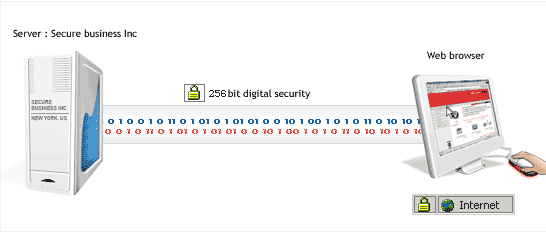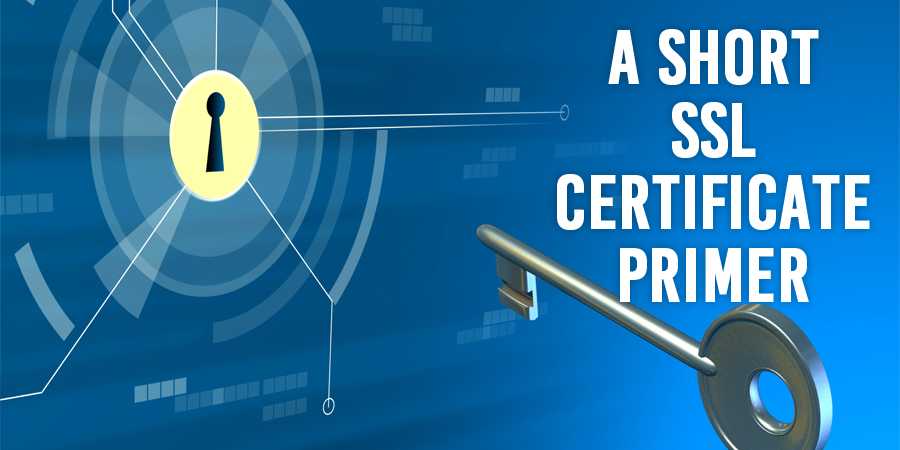A Short SSL (Secure Sockets Layer) Certificate Primer
“What is SSL?”
“Already used by millions of consumers”
SSL is an acronym for Secure Sockets Layer, a global standard security technology developed by Netscape in 1994. SSL is all about encryption. It creates an encrypted link between a web server and a web browser. The link ensures that all data passed between the web server and browser remains private and secure and is recognized by millions of consumers by a secure padlock which appears in their browser.

The SSL protocol is used by millions of e-Business providers to protect their customers ensuring their online transactions remain confidential. In order to be able to


